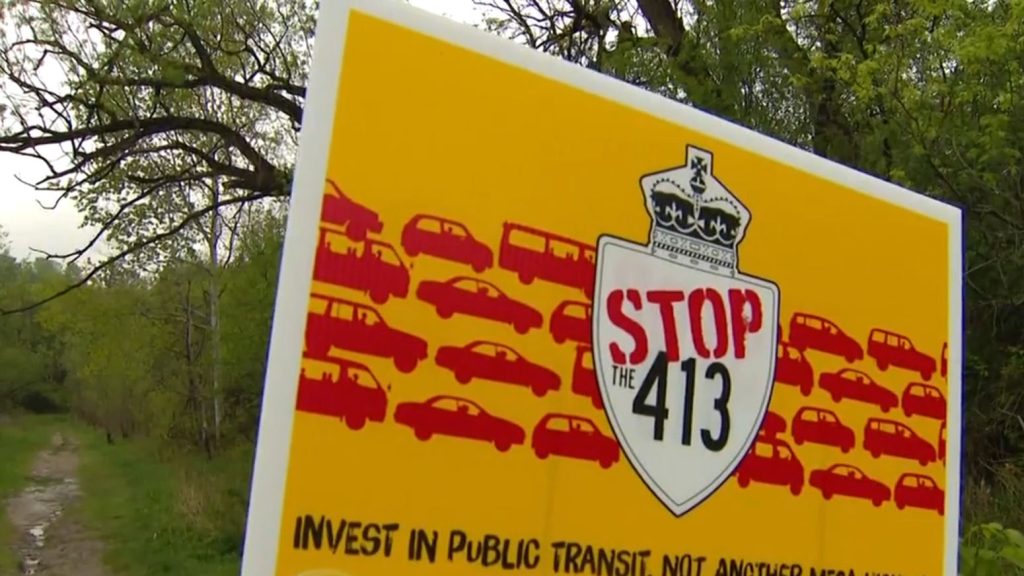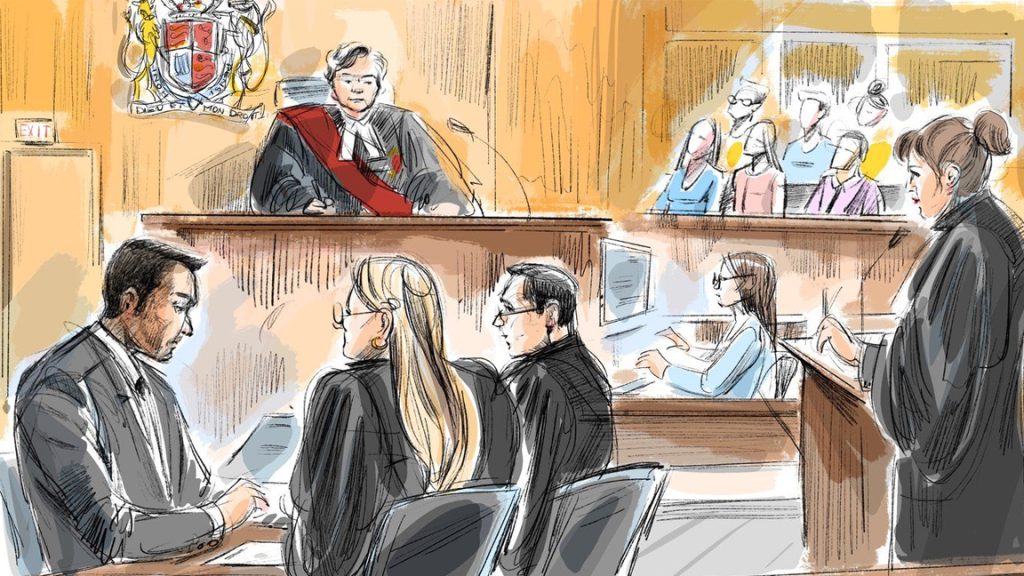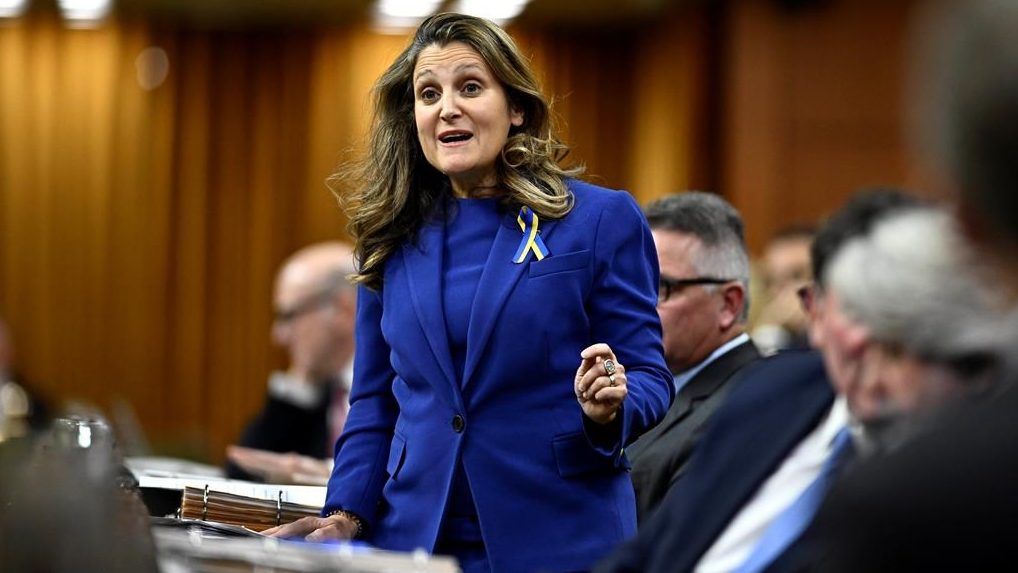Severely disabled vets take financial hit in old age under new system: report
Posted September 29, 2013 3:30 pm.
This article is more than 5 years old.
Some of the country’s most severely disabled soldiers will take a major financial hit once they hit old age and risk living out their final years in near-poverty, Canada’s veterans ombudsman has concluded.
A report and a painstaking actuarial analysis by Guy Parent’s office are due to be released on Tuesday, but copies were obtained by The Canadian Press.
The study compares the old system of compensating veterans under the Pension Act with the New Veterans Charter, marquee legislation championed by the Harper government since it was enacted in 2006.
It shows that roughly 406 severely disabled veterans, mostly from Afghanistan and recent peacekeeping missions, will be left out in the cold because they don’t receive certain allowances — or a Canadian Forces pension.
“It is simply not acceptable to let veterans who have sacrificed the most for their country — those who are totally and permanently incapacitated — live their lives with unmet financial needs,” said a leaked copy of the report.
Almost a full one-third of the nearly 1,500 soldiers, who have thus far been declared permanently disabled, could also be a risk, depending upon their circumstances. Many of them receive only small allowances and pension entitlements.
The report, which was four years in the making, shows families of veterans who’ve passed away also take an old age hit because “the cash flow going to survivors ceases when the veteran reaches the age of 65,” whereas it continued under the previous pension system.
Compensation for pain-and-suffering awards was also found to be lacking, and Parent noted that specific “improvements are required” only two years after the Conservatives completed the first overhaul of the charter.
Officials in Parent’s office and a spokesman for veterans minister Julian Fantino were both not immediately available for comment.
The Harper government, which has had a copy of the report all summer, tried to avoid some of the political fallout last week by preemptively announcing it supported a planned, legislated review of the charter by a House of Commons committee.
Indeed, Parent said he prepared the twin reports to guide the committee and to help separate fact from fiction.
Since its inception, many veterans have criticized the charter as being less generous than the previous system. The notion is at the centre of a lawsuit by Afghan war veterans.
The actuarial report shows ex-soldiers end up with more money in their pockets up front and to the age of retirement than with the checkerboard of pensions it replaced.
But awards for so-called non-economic benefits, such as payments for lost limbs and trauma, pale in comparison to what was given out before when pensions are stretched over a lifetime.
The lump sum payments don’t even equal what are handed out by Canadian courts in personal injury cases.
Parent is expected to recommend that the maximum payout be increased to $342,000 from the current $285,000, but the report says the government must engage in a meaningful dialogue to determine what is “fair compensation” for injuries.
The lump sum has been a lightning rod issue because its structure is similar to the provincial workers compensation system, something many in uniform have said is inappropriate for those called upon to risk down their lives for the country.
Many soldiers have said they’d like to see it abolished.
Mike Blais, president of Canadian Veterans Advocacy, said a happy medium exists.
His group has called on the federal government to make changes that would see veterans without pensions given some other kind of life-time compensation, either through an extension of the current earnings loss benefit — or some other mechanism.
He has also pushed for a substantial increase in lump sum awards that would make it equal to what ex-soldiers received under the old pension system.
“Nobody can accept a lump sum award that is completely inadequate,” he said on Sunday. “All veterans from all eras deserve to have (the country’s) sacred obligation to them honoured until end-of-life.”










